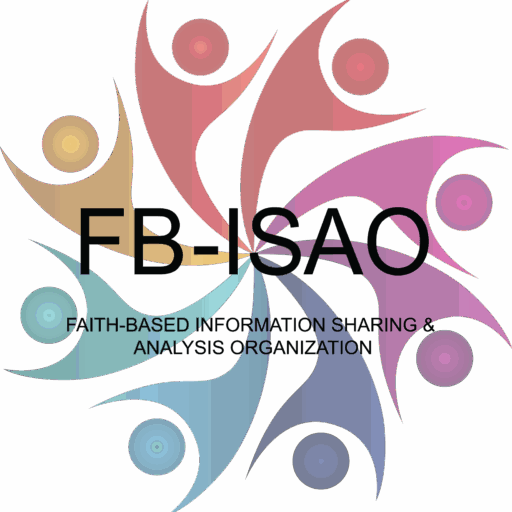In September of 2020, the Faith-Based Information Sharing and Analysis organization (FB-ISAO) published its first TLP:AMBER Priority Intelligence Requirements (PIR) document. Since then, the document has been updated once, in March of 2021. The PIR was developed by FB-ISAO’s Communications Working Group to inform both FB-ISAO staff efforts and to partners who may provide intelligence and information to FB-ISAO. The document will be reviewed annually, updated, and redistributed as needed.

What is a PIR? One critical but often overlooked component of intelligence work is the establishment of intelligence requirements, often called “Priority Intelligence Requirements” (PIRs). Intelligence requirements are high level — an agreement across the team, in this case the FB-ISAO analysts and members – to prioritize certain information collected and processed over other information because of the relevance to the organization’s assessed needs.
FB-ISAO provides members with information, analysis, and capabilities to help reduce risk while enhancing preparedness, security, and resilience. We are an all-faiths and all-hazards information sharing organization. We define all hazards as those relating to physical, cyber, natural and public health threats. As such the PIR include information in the following categories:
- Physical Security Threats.
- Cybersecurity Threats.
- Other Fraud and Other Criminal Threats.
- Public Health and Environmental Threats.
The PIR is shared and pinned to the channel used by members of FB-ISAO’s Communications Working Group.
Starting in March 2022, our reporting has started to reference the PIR to help members understand why we’re choosing to include the information being shared and also to allow our team to review the content, and to adjust our collection and reporting processes if we’re including information outside the scope of our mission. To that end, member feedback is always welcome.


